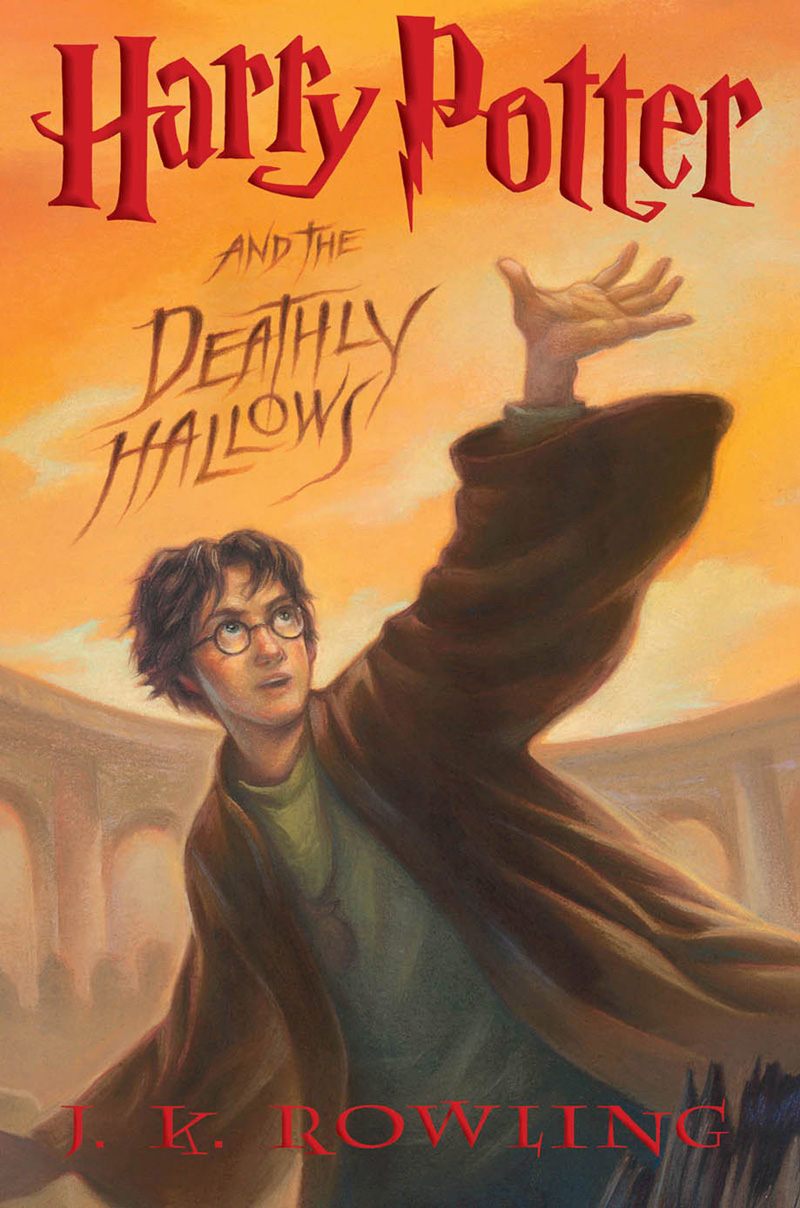One thing I like about this book is the fact that Saramago mentions dogs frequently. Like the scene on pages 140-44 where Raimundo interrupts his errand to see Dr. Maria Sara in order to feed the stray dog who has been hanging around his apartment. One of the things that strikes me about this scene is the fact that Raimundo can’t just give the dog food and go on his way. He has to wait and make sure the dog eats the food, and this makes him late.
It’s almost as though Raimundo’s and the dog’s roles are reversed in this scene. It starts out with the dog wailing piteously to get Raimundo’s attention, then as soon as Raimundo decides to help the dog, he is almost falling all over himself to please the starving dog. First he “decides to return home to find something that a famished dog dare not refuse,” even though he needn’t worry because a starving animal isn’t likely to refuse anything one sets in front of it (141). Once he finds something, the narrator tells us “he was so worried about being late and making a favourable impression when he puts the fruits of his plunder before the dog” (141-2). What I get from this statement is the sense that the “favourable impression” he’s worried about making is with both Dr. Maria Sara and also with the dog. He hovers just “three paces away” from the food, as though he is eager to make sure this food pleases the dog. It is only when he realizes that his proximity keeps the dog from enjoying his scraps that he moves away.
Raimundo is very anxious for the dog not to reject his offering, for how insulting would it be to be rejected by a beggar? He is just like the dog, only what he is starved for and wants from the dog (and other people) is friendship; “[o]n condition that it’s friendship is returned” begins Raimundo before switching to a short meditation on the nature of the Moorish perception and treatment of dogs—he never sufficiently follows up that opening phrase about friendship (140). Raimundo doesn’t speak the actual follow-up to this statement, which if finished would be “[o]n condition that it’s friendship is returned, I will feed this dog.” In the same way the dog is wary of eating for fear of being kicked, Raimundo is wary of reaching out to other creatures—even a dog, who “might well be [man’s] one and only remaining friend”—for fear of being rejected (140). I see this at play in Raimundo’s first meeting with Dr. Maria Sara when he snaps at her about deleaturs.
He may sense his own similarity to this starving dog, as he is starved for companionship and human relationships, but I don’t think he fully realizes it yet. He muses on the “otherness” dogs represent to different religious groups, here he speaks of how the Moors consider dogs dirty, and a few chapters back he discusses how, historically, Christians and Moors called each other “dogs” and both groups referred to Jews the same way. Raimundo himself is outside normal society; he’s always alone, he doesn’t even talk to his cleaning lady, or if he does he’s not interested in what she has to say. He and the dog are the same in many ways, and the narrator even shows them as mirrors on page 140, the dog’s first mention in this scene: “[n]ow ... [Raimundo] is standing on the Escadinhas de São Crispim, eyeing the dog who is watching him.” The difference is that the dog openly cries out for what it needs, whereas Raimundo does not; he seems bottled up inside himself. I think throwing away his hair dye is the first step towards actively seeking companionship, as is his fantasizing about Dr. Maria Sara, and even accepting a ride from her like he does at the end of today’s section. I hope to see Raimundo’s relationship with the dog develop as well as his relationship with Dr. Maria Sara.











